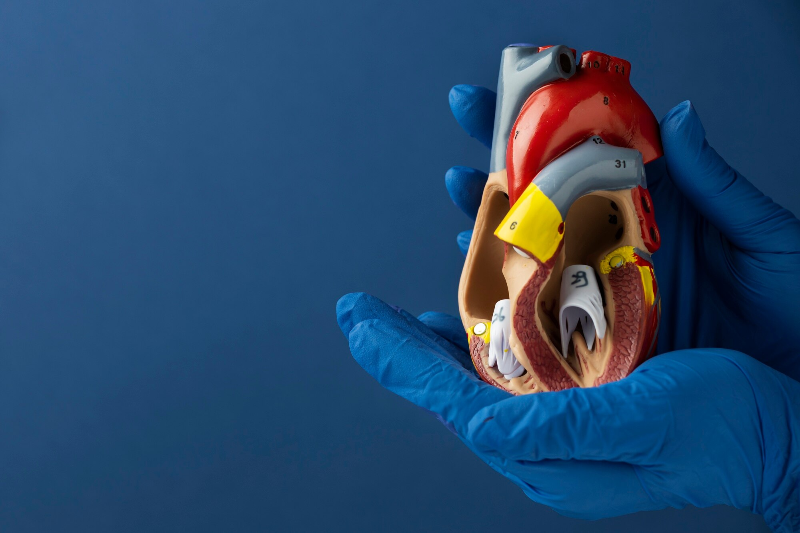by Monash University
Credit: Gut Microbes (2024). DOI: 10.1080/19490976.2024.2441356
Human and microbial proteins found in feces could help doctors detect a long-term risk of deadly cardiovascular conditions in otherwise healthy patients, avoiding the need for costly and invasive diagnostic procedures.
A new study from Monash University published Dec. 22 in Gut Microbes has linked the presence of certain fecal proteins to conditions like heart failure, and found they can be used as an early indicator of risk and outcomes.
This is a breakthrough in the early prevention and diagnosis of conditions that could otherwise go hidden until they become fatal.
Dr. Francine Marques, a Monash Professor in the School of Biological Sciences and fellow at the National Health and Medical Research Council and National Heart Foundation, said the practice goes beyond traditional risk factors for heart disease.
"To have a non-invasive and affordable way to detect long-term risk of these diseases would be a game-changer," Dr. Marques said.
"Unless you have gastrointestinal diseases, you might never have tests that allow us to determine what is happening inside the human gut, as these are expensive and invasive.
"But if it were as simple as collecting a sample when you go to the toilet, more people would be in a position to find out their risk factors earlier and be in a position to take preventative steps."
Researchers used a special piece of lab equipment called a mass spectrometer to develop a new method known as metaproteomics to look at the proteins contained in the fecal samples.
They studied samples from 63 people from Melbourne and Shepparton who were not known to suffer from gastrointestinal or cardiovascular diseases and 27 samples from patients with heart failure.
"We often sequence DNA to identify microbial genetic makeup, but this is the first time we have studied the proteins in fecal samples instead," Dr. Marques said.
"Using this method, we identified both human and microbial proteins.
"This is exciting as it basically worked as a non-invasive biopsy."
The identified proteins were compared with more than 34,000 samples from healthy people who were followed up over a period of 15–20 years. They found that gut proteins could predict the long-term risk of having a heart attack or a stroke.
"Outcomes remain poor after having a heart attack or stroke," she said.
"Finding out our risk early means we can address the causes, like diet or lifestyle, and give ourselves the best chance of healthy aging."
More information: Chaoran Yang et al, Faecal metaproteomics analysis reveals a high cardiovascular risk profile across healthy individuals and heart failure patients, Gut Microbes (2024). DOI: 10.1080/19490976.2024.2441356
Provided by Monash University







Post comments